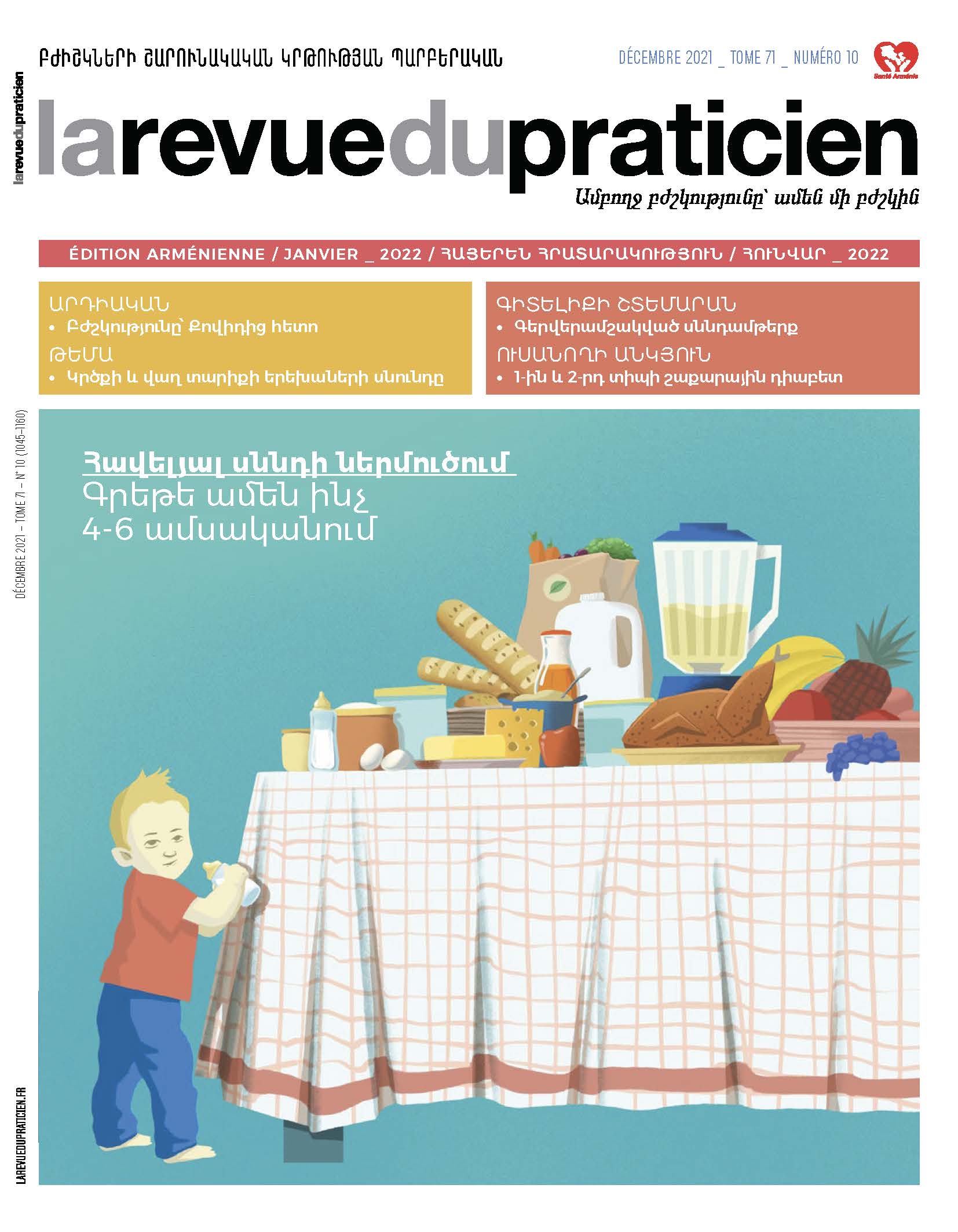Borreliosis and relapsing fever 51
Alice Raffetin, Solène Patrat-Delon, Céline Cazorla, Pierre Tattevin, Carole Eldin.Abstract
Relapsing fevers borreliosis (RFB) are caused by bacteria of the genus Borrelia, within the spirochete’s family, transmitted to Humans by arthropods (lice Pediculus humanus, soft ticks of the genus Ornithodoros, or hard ticks for one of them). The RFB transmitted by body lice is cosmopolitan and occurs during epidemics in the context of major crises (promiscuity, precarious hygiene conditions, food crises, etc.). RFB transmitted by ticks are distributed by region, according to the Borrelia species and the geographical repartition of the tick involved (sporadic transmission). The incubation period varies from 3 to 20 days. The first febrile phase lasts 3 days (1-14 days), followed by a phase of apyrexia with persistence of other clinical signs (skin rash, petechiae, headaches, agitation, polyarthromyalgia, abdominal pain, nausea/vomiting, etc.). The recurrence of fever occurs every 7 days on average. Bacteremia in the blood is abundant during fever allowing direct diagnosis by microscopy, Borrelia PCR or culture on a specific medium when available. The first-line treatment is doxycycline, except in case of neurological involvement (ceftriaxone). The mortality rate varies from 2 to 5% depending on the Borrelia species involved. The outcome is usually good after treatment.
